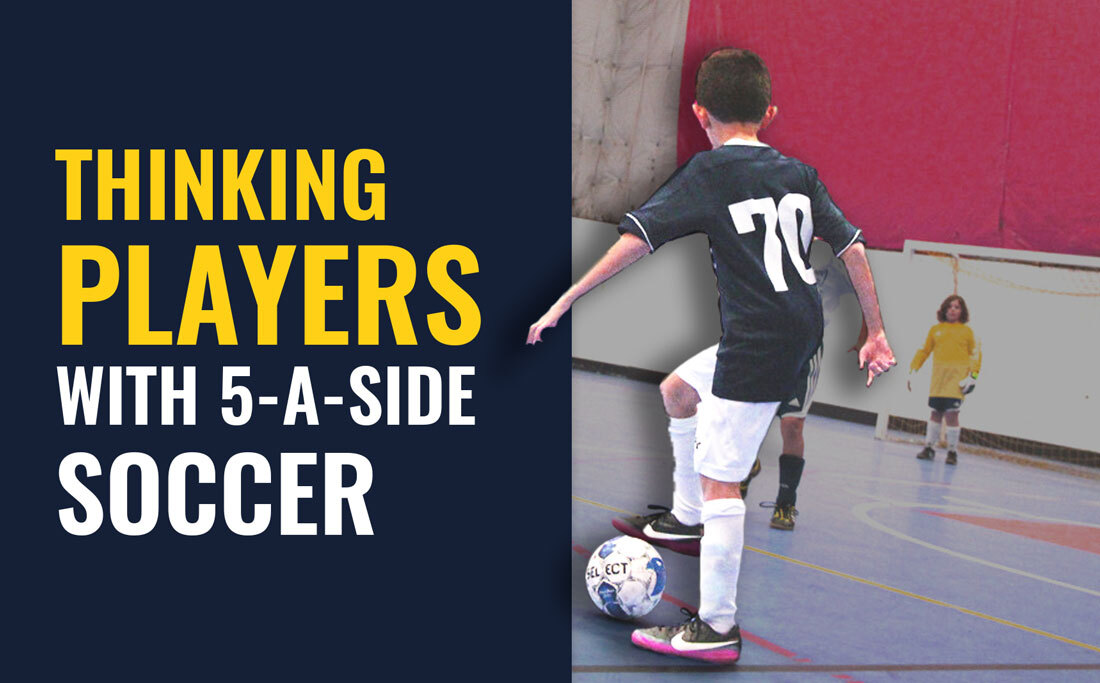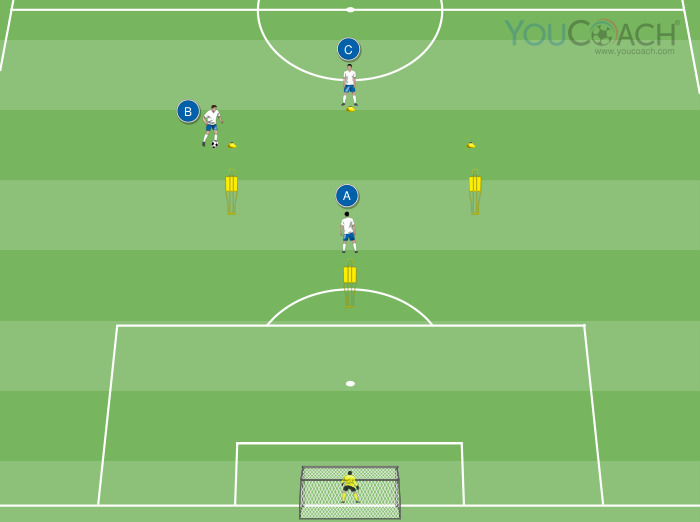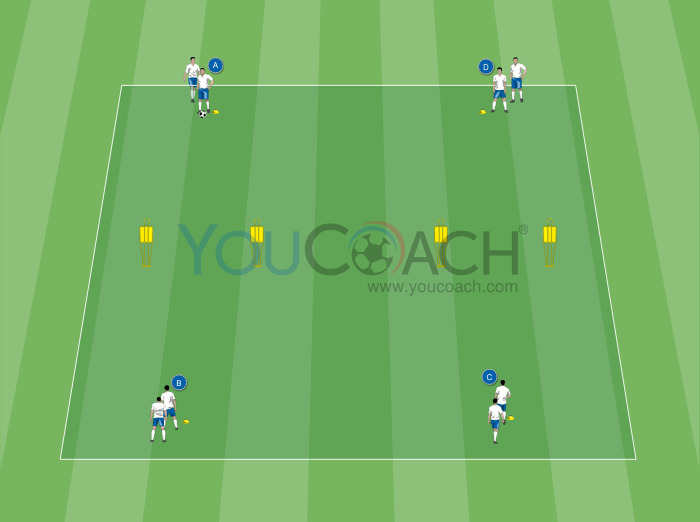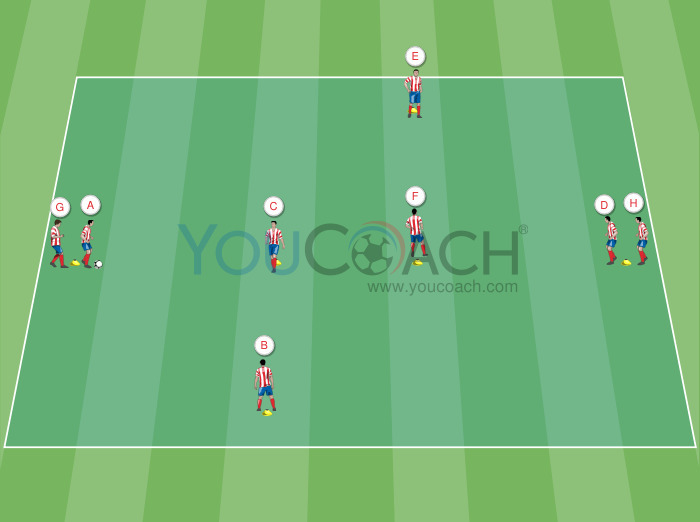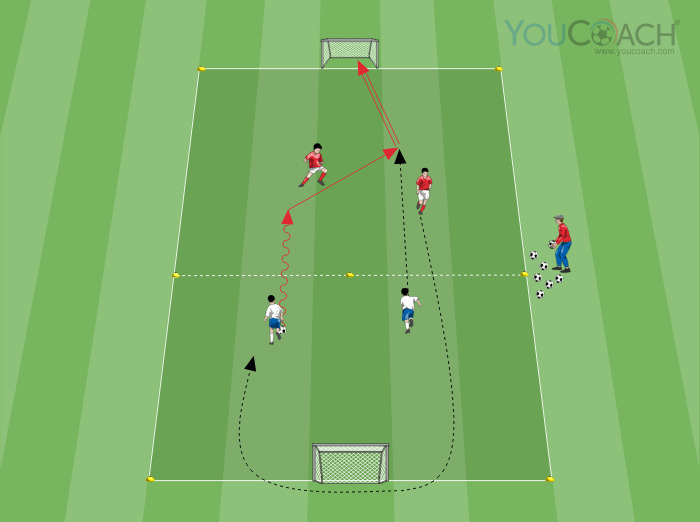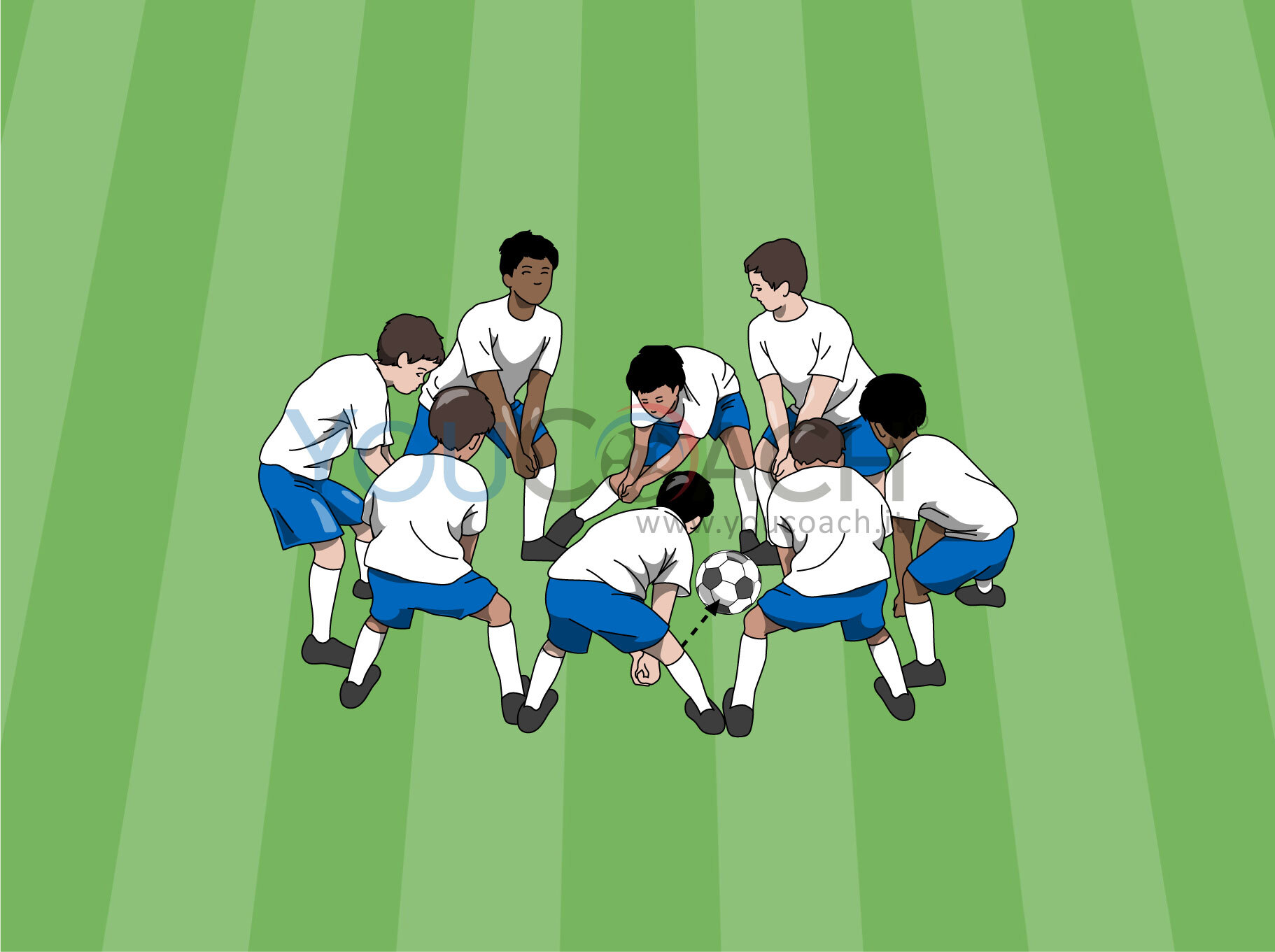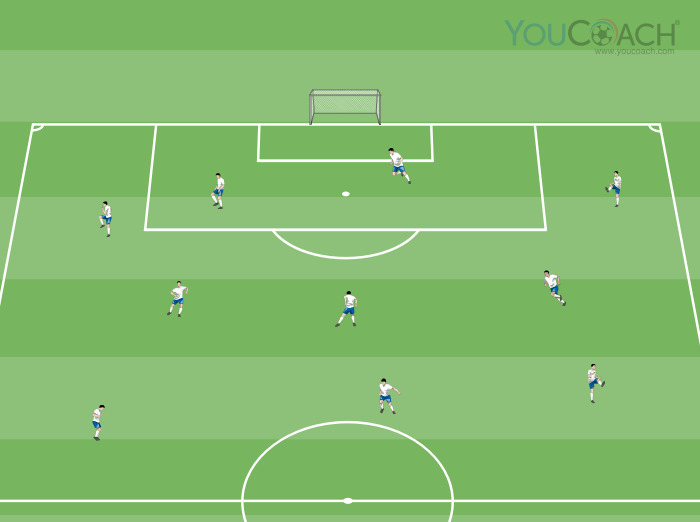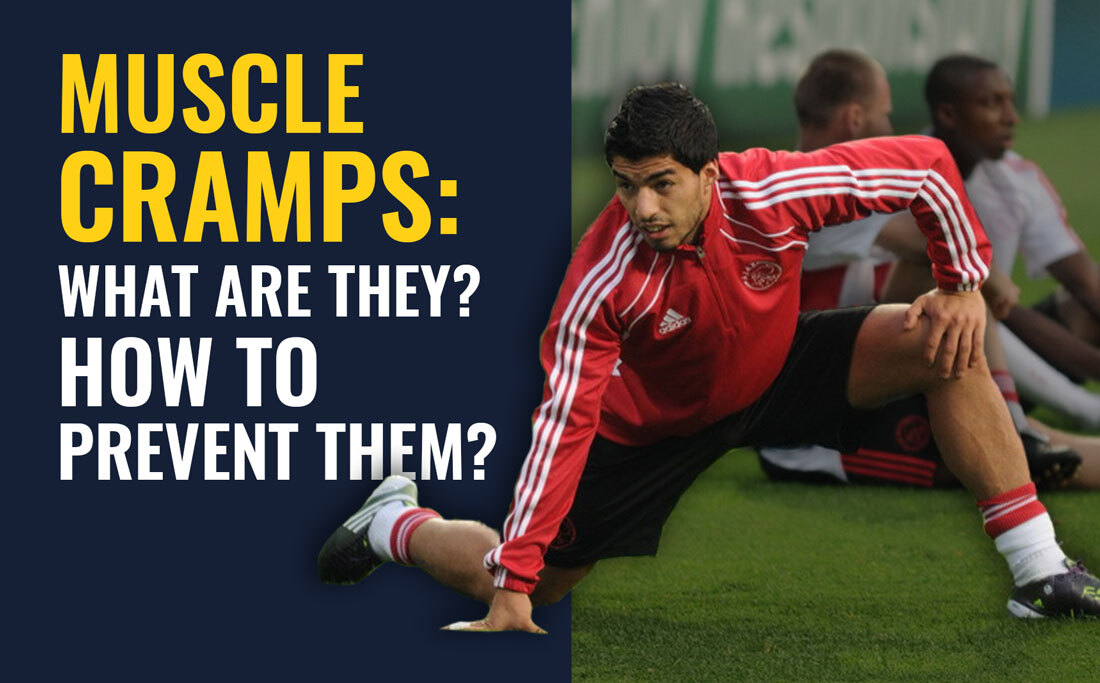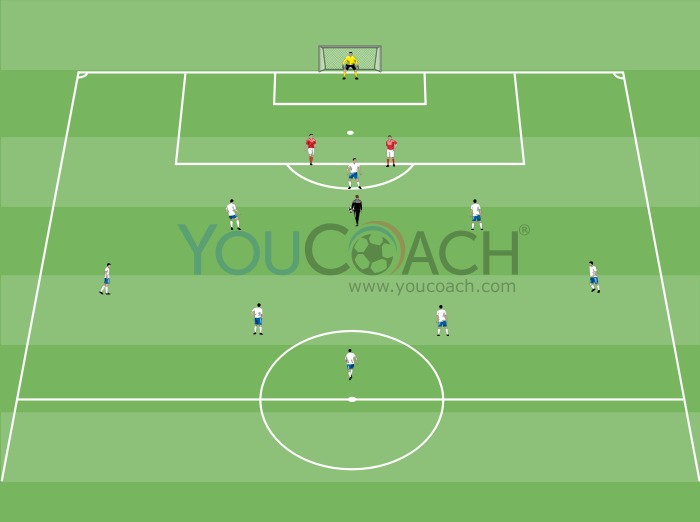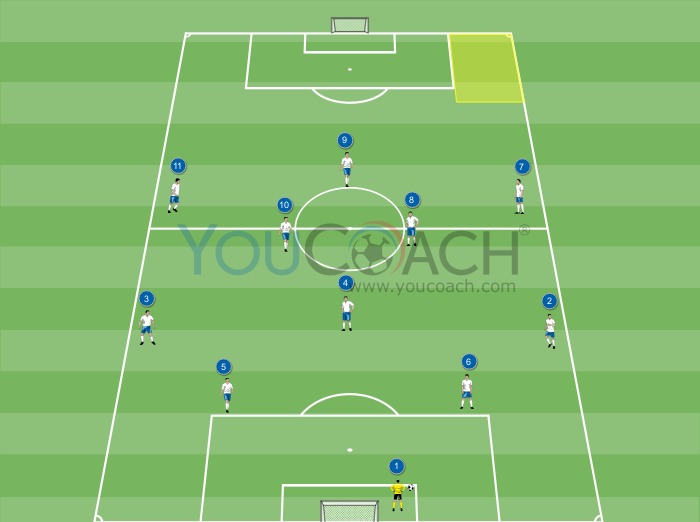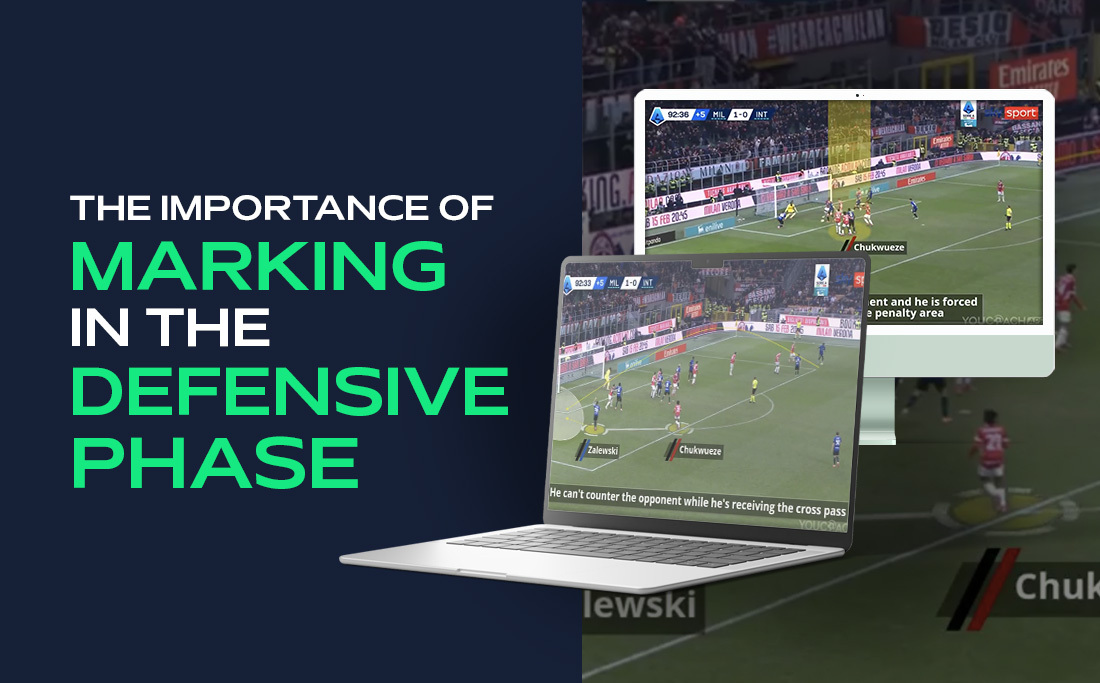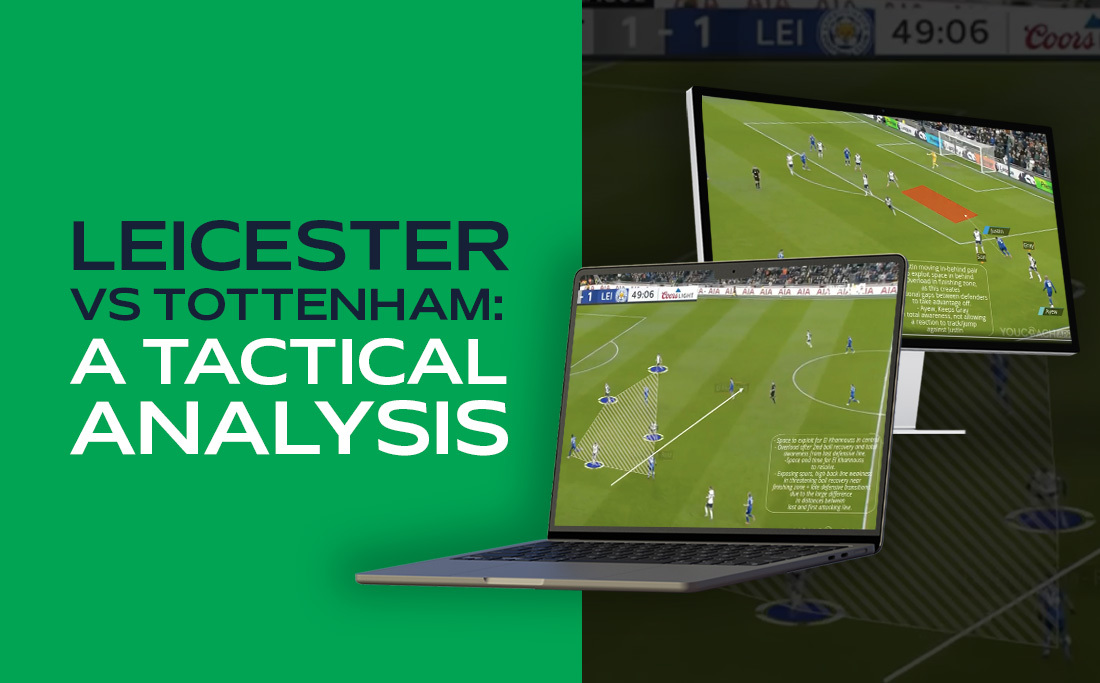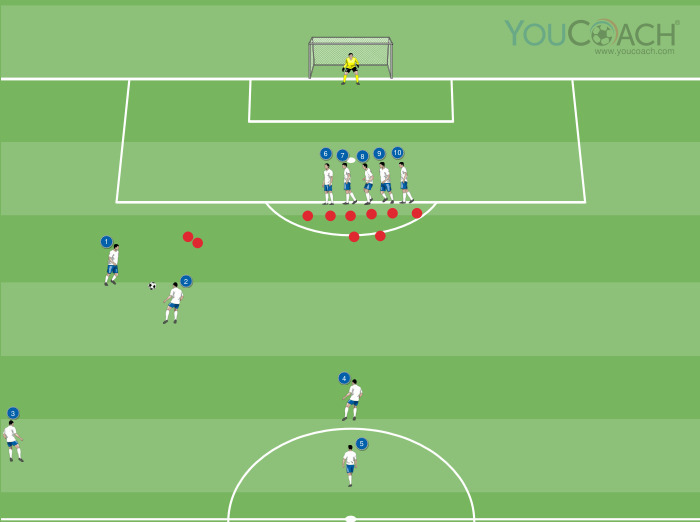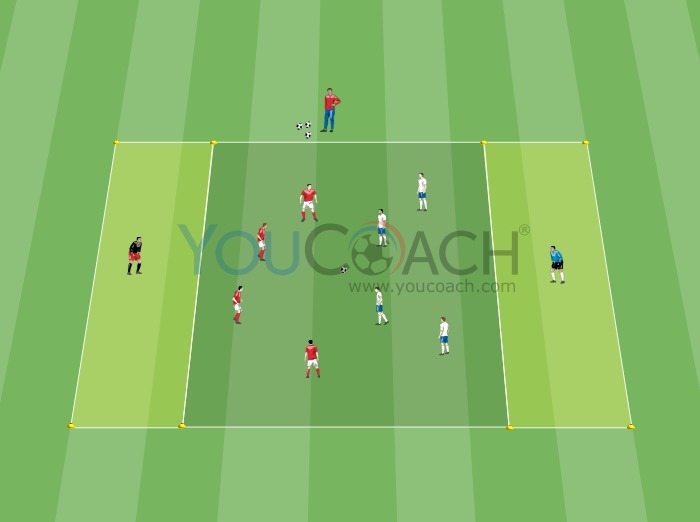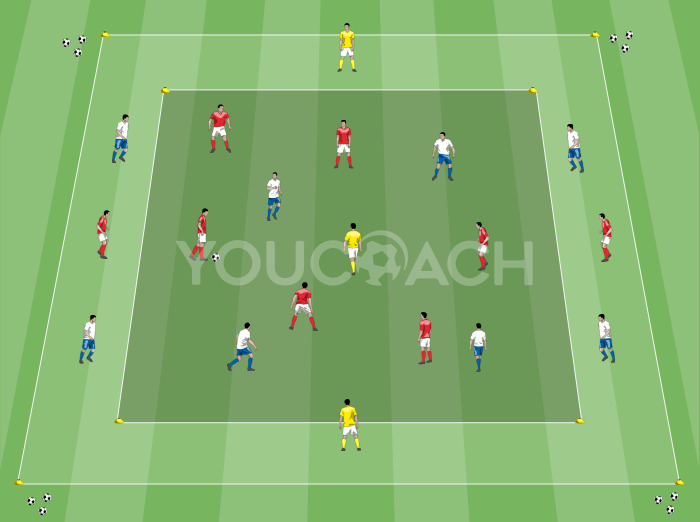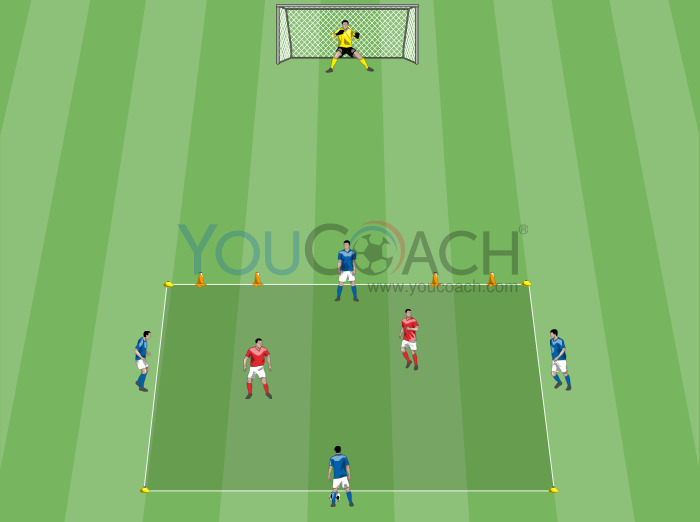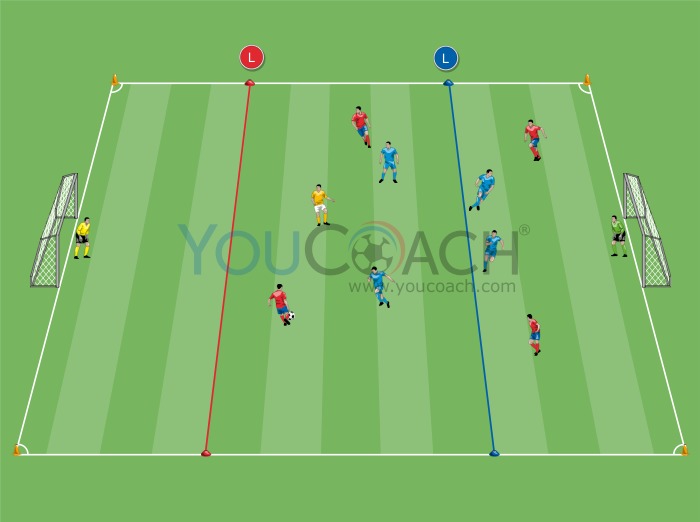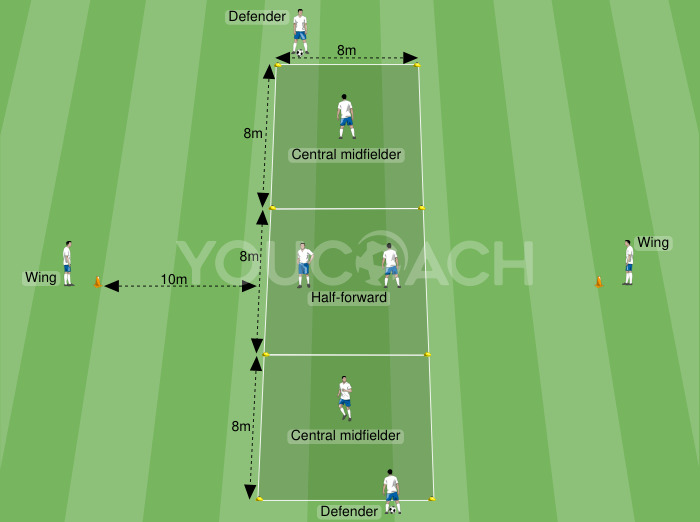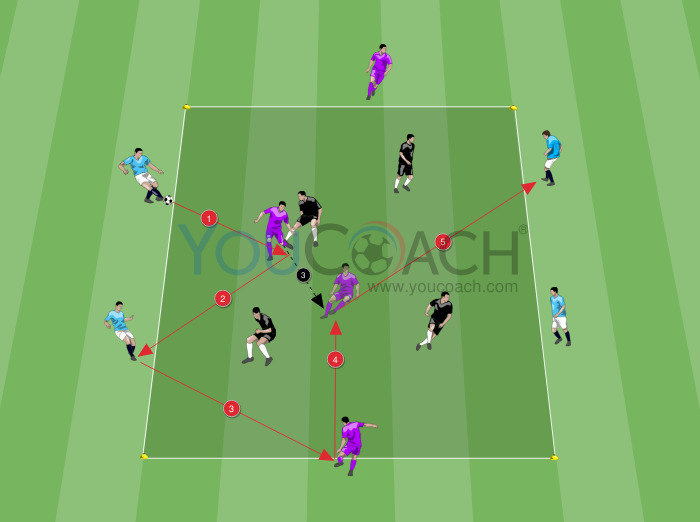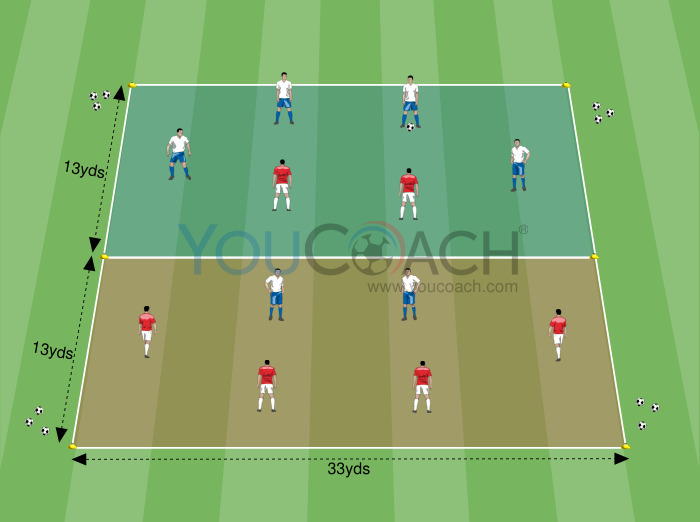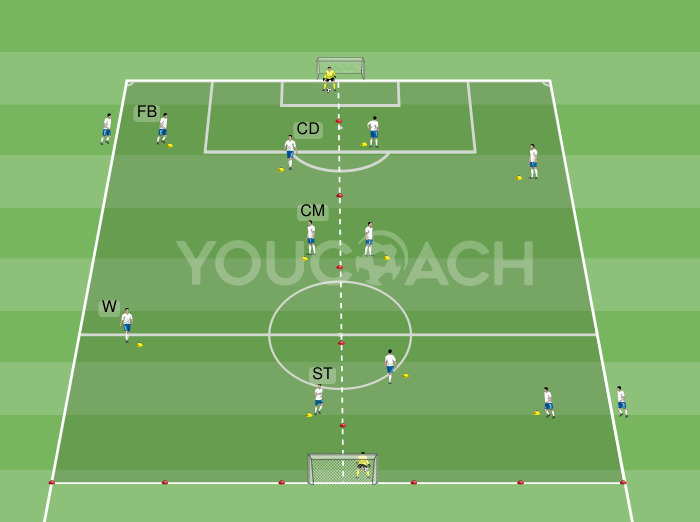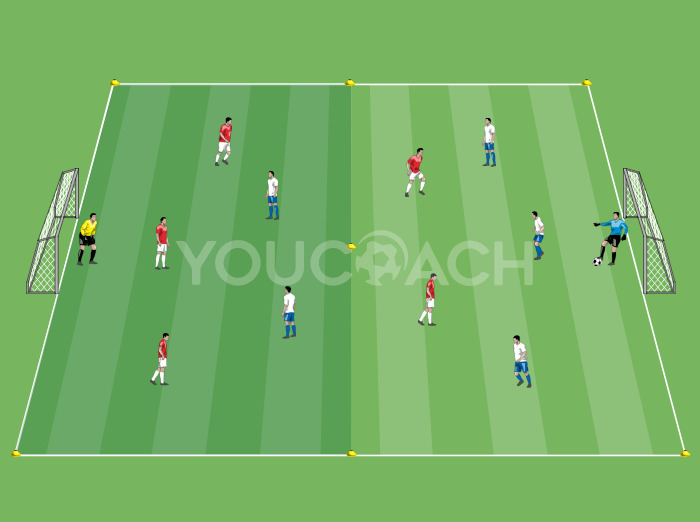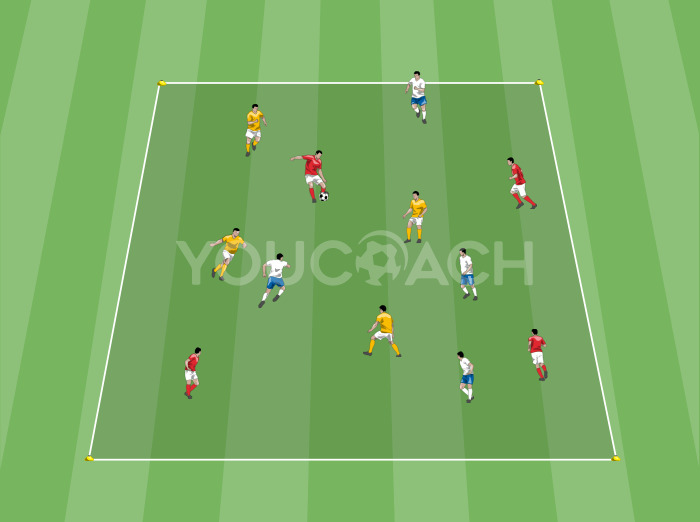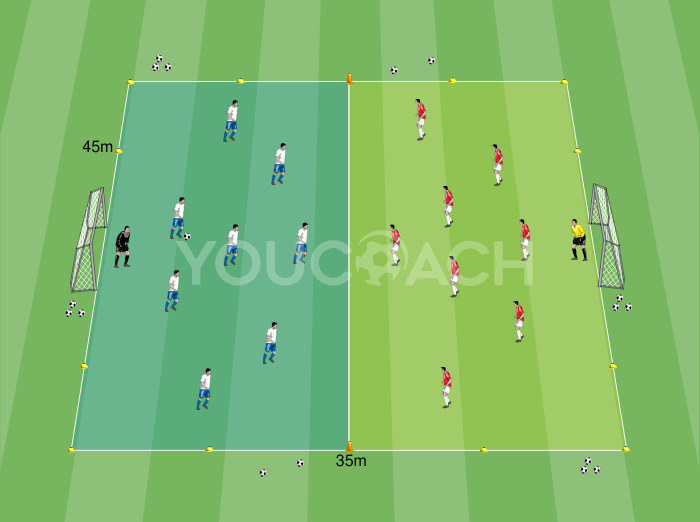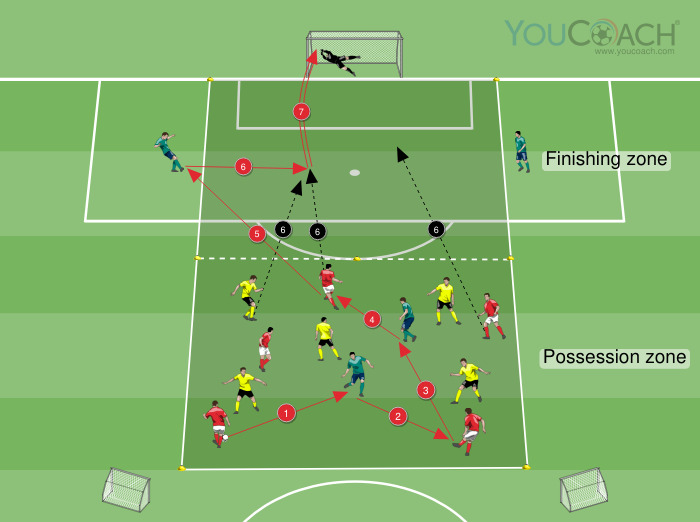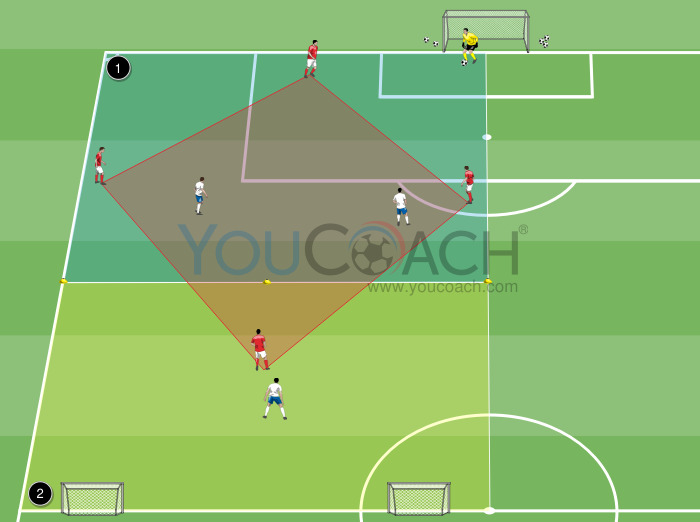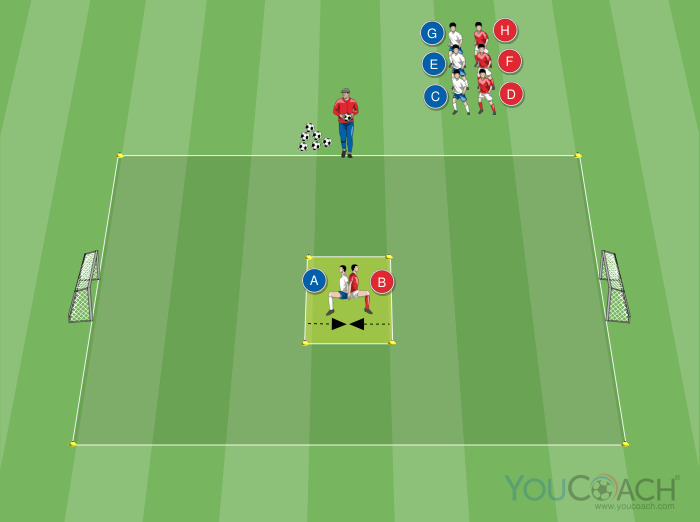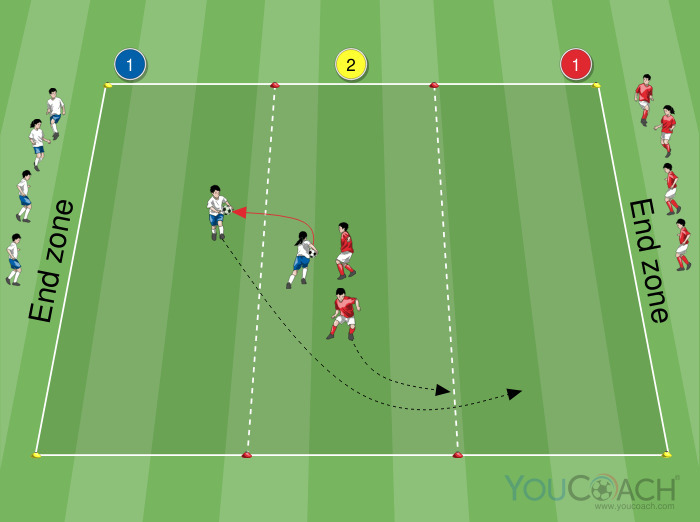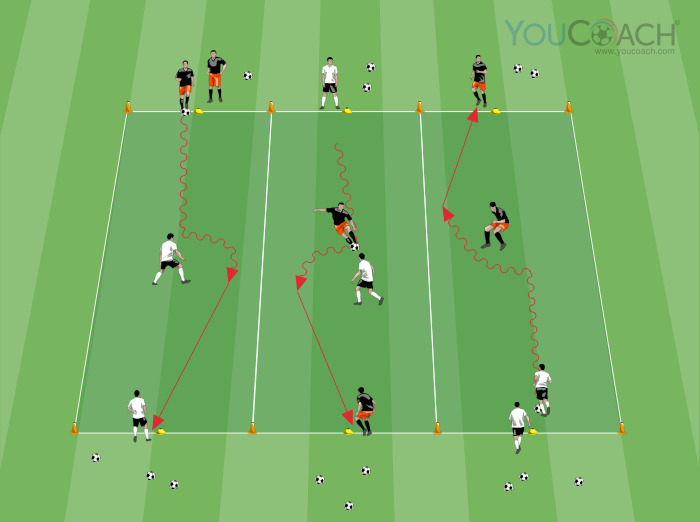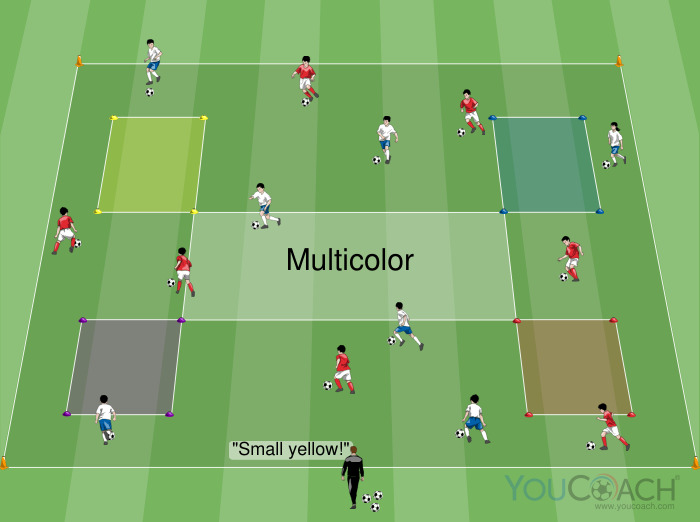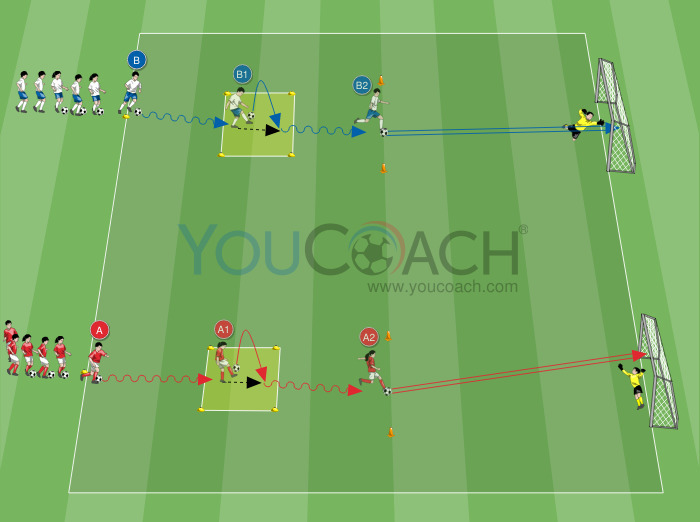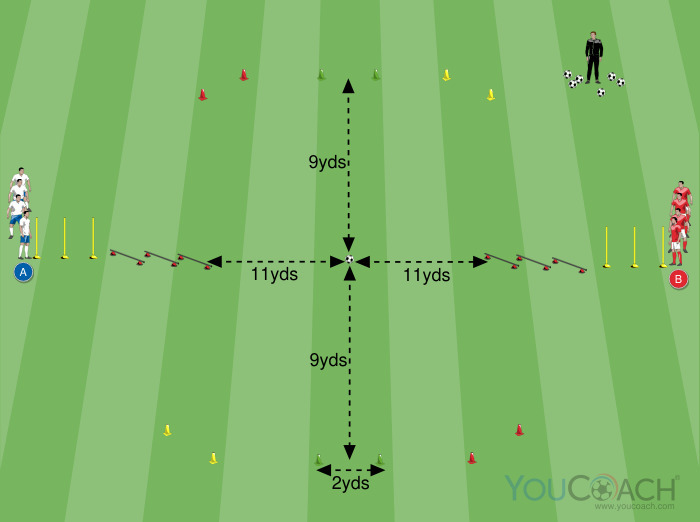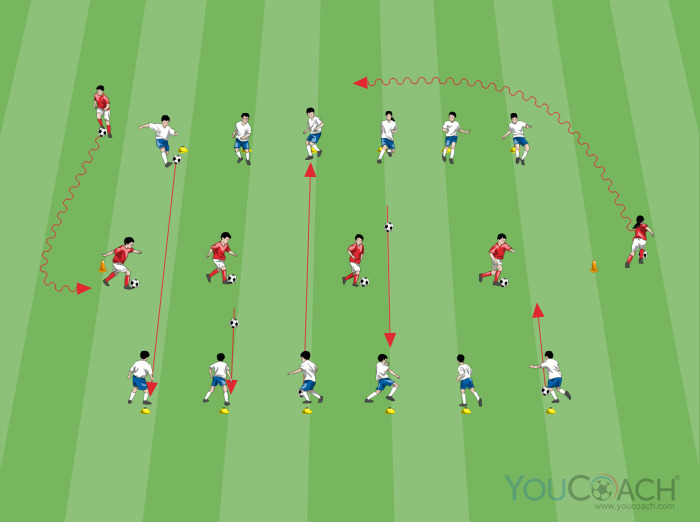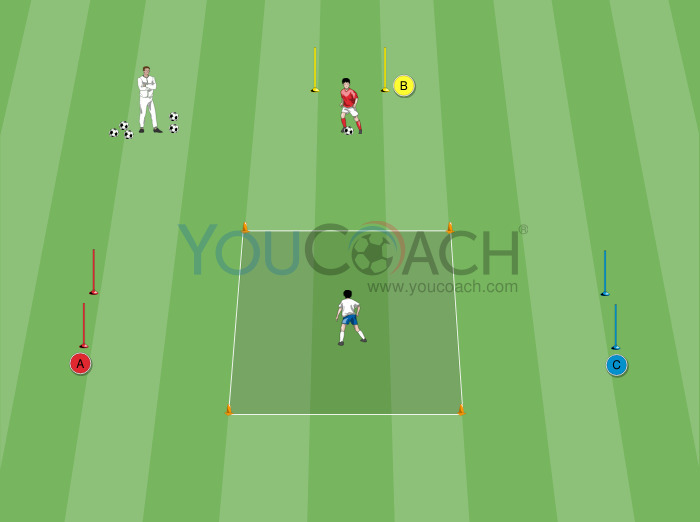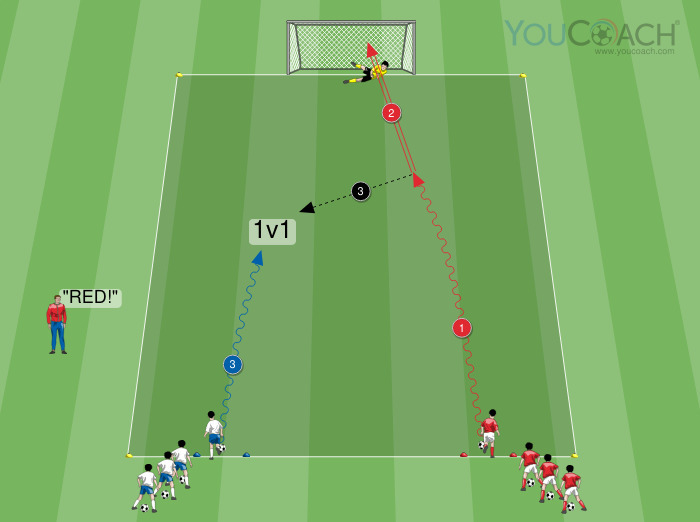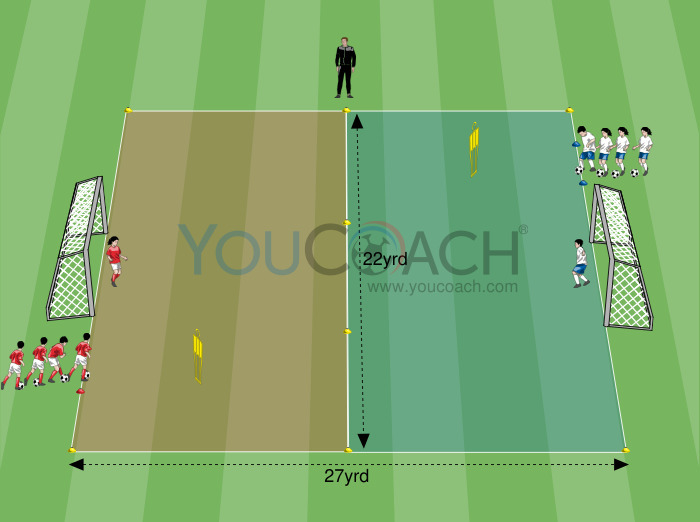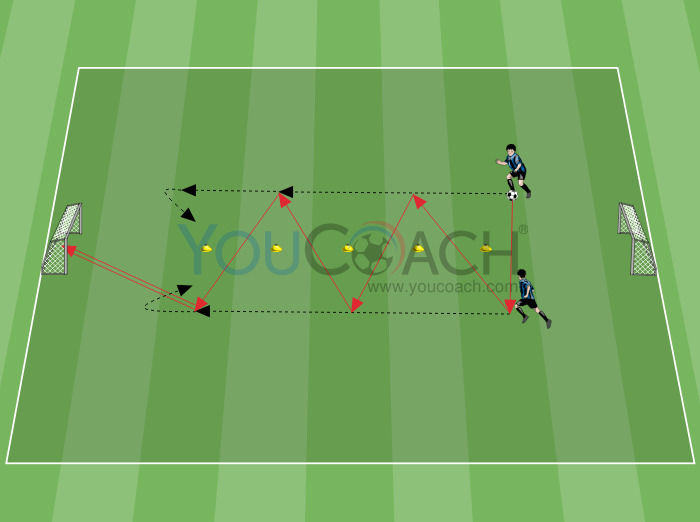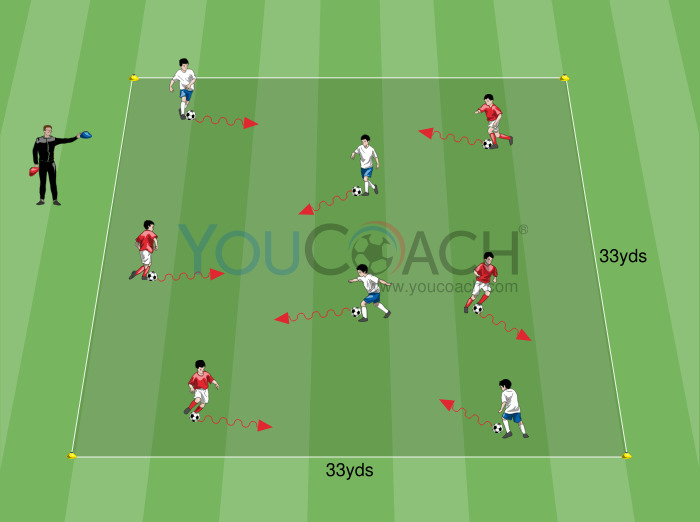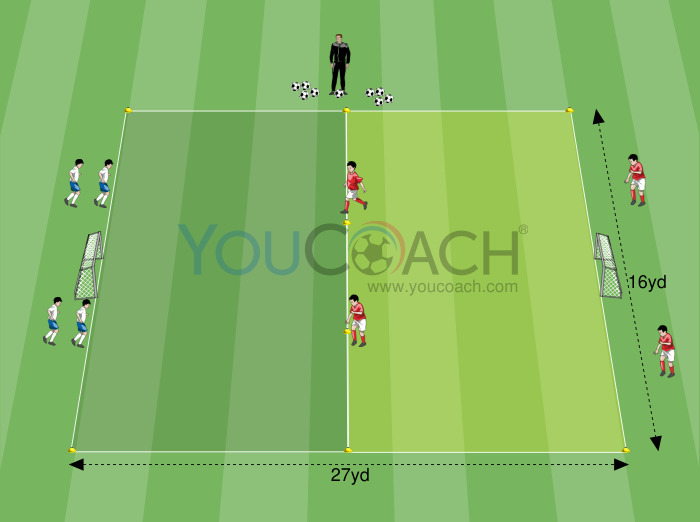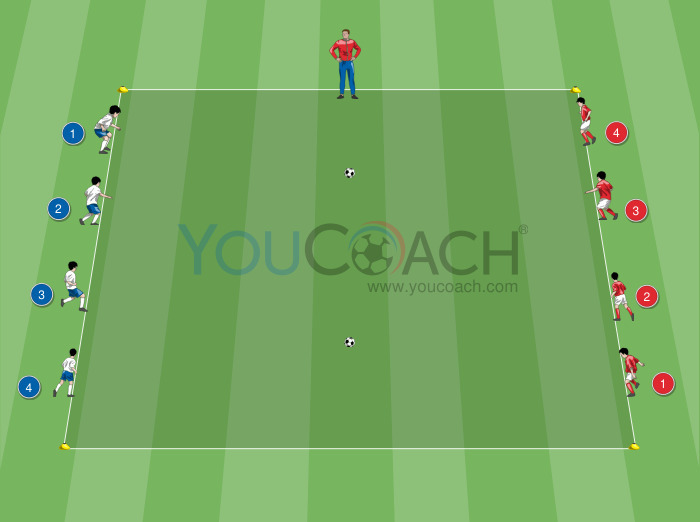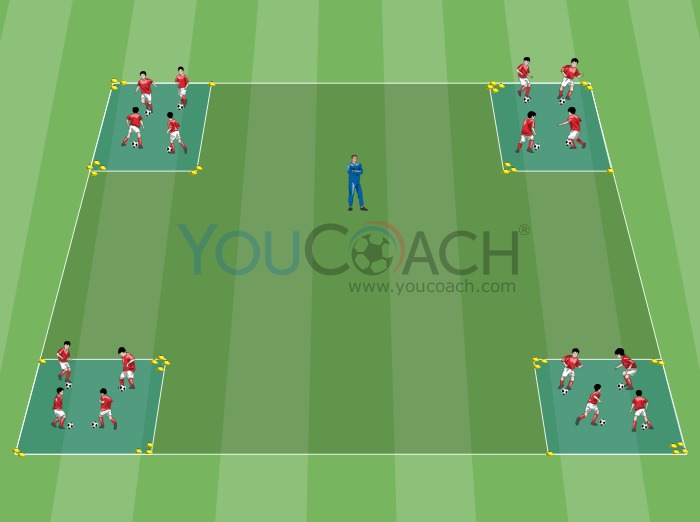Performance anxiety: what is it? and what affects it?
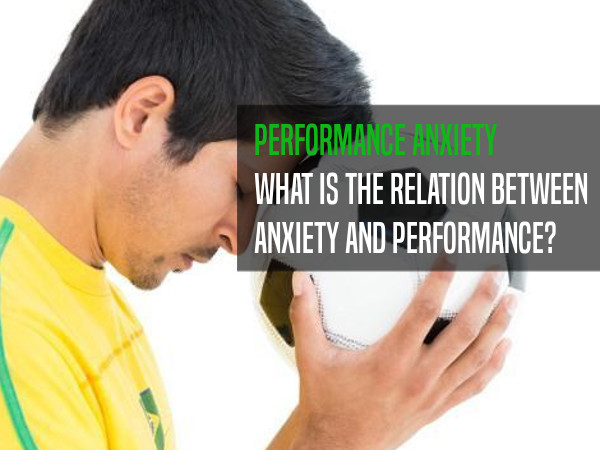
|
This article illustrates the relationship existing between anxiety levels during competition and performance |

- Imagine that your team must play against a team considered to be “weaker”. It is possible that the players think it will be an easy game and are not very activated. Low activation levels could result in lower concentration, lower decision making speed and lower reactivity with a consequent low performance and higher amount of errors.
- Viceversa, if your team is going to play against a team considered “stronger”, or play a decisive match it is possible that the players’ activation levels are very high and, if they exceed a certain threshold they can even lead to exceeding arousal and affect performance negatively. We may then observe low reactivity, excessive impulsivity in action, and apparently lacking play tactics.
Therefore, only well balanced anxiety levels will lead to optimal performance.
What do anxiety levels during performance depend on?
When we talk about performance anxiety we usually refer to an excessive activation as a reaction to competition. It seems to be influenced by several factors. One factor is the tendency to perceive competitive situations to be menacing and to fear them. This tendency depends on individual features determined by one’s temperament and personality. Its presence increases the athlete’s probabilities to face competition with high anxiety levels and relevant consequences at both a cognitive and emotional levels. At a cognitive level pessimistic expectations will prevail, together with apprehension for the situation, one’s role and the consequences of one’s actions (e.g., “we’ll lose the match”, “we’ll create a bad impression”, “I’ll be not allowed to play”), while at the emotional level an intense physiologic activation will be visible through the body.
We can affirm that performance anxiety depends on both biological predisposition and psychological factors relating to ways of thinking, interpretation and perception of actual situations.



